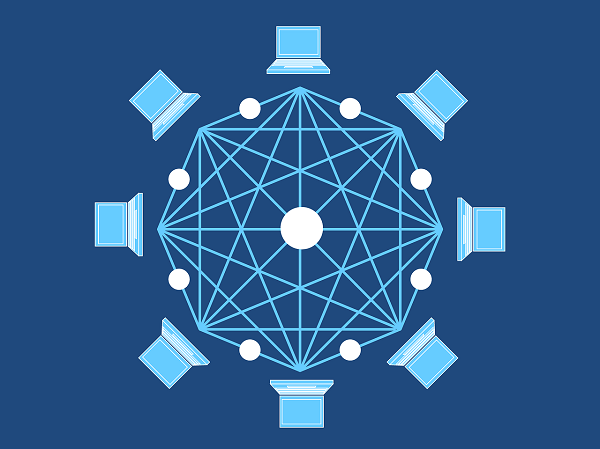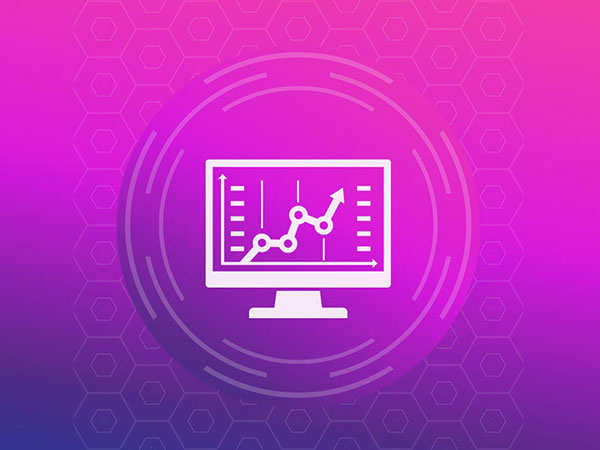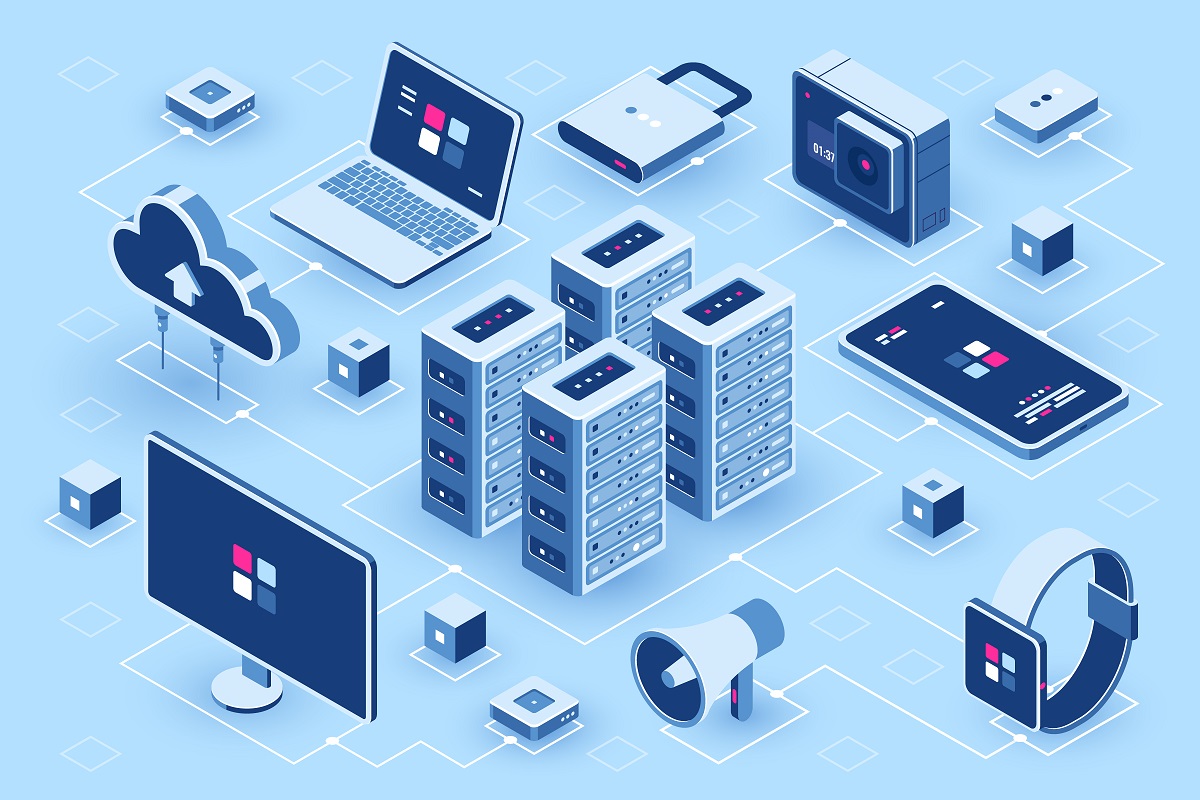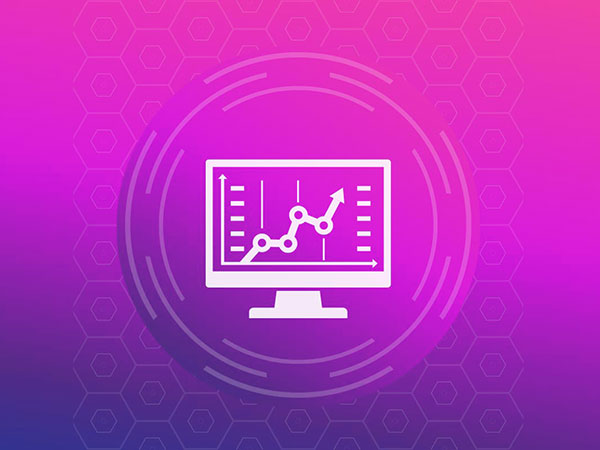Over the last several years, there’s been plenty of media coverage centered around all of the ways that internet service providers (ISPs) have taken advantage of big data to create new profit centers in their operations. In some cases, they’ve used it to power highly targeted online advertising platforms. And in others, they’ve used it to figure out exactly how much they could charge in particular areas before customers would start to cancel their services. The one thing that most of the coverage surrounding ISPs and big data have in common is obvious: it’s that ISPs are using big data to enrich themselves, and customers are far from pleased about it.
In reality though, ISPs around the world are also using big data in other, less controversial ways. The power of data analytics is being put to use helping broadband providers plan out capacity upgrades, proactively address network issues, and even to provide better customer service. It’s another side of the big data story that most ISPs would love the public to get interested in – but the industry hasn’t done a very good job at bringing any of it to light. To remedy that, here are two use cases that illustrate how big data is helping ISPs provide better, faster, and cheaper services to customers that you may not have heard about.
Openreach slashes fibre delivery times
In the UK, the government has been working at expanding fibre internet access nationwide for a number of years but have had a rough go of it. Industry regulator OFCOM has promulgated a plan to support fibre rollouts nationwide, and have urged consumers to make use of a broadband comparison site to find faster and cheaper internet services as those efforts continue. Principally, British Telecom subsidiary Openreach has been charged with replacing much of the nation’s aging copper infrastructure with fibre optic transmission systems which will power the next generation of internet services, but the job had overwhelmed them – with premises installation lead times stretching to 75 or more days.
Then, Openreach turned to Qlik, a US-based data analytics software firm for help. Using Qlik’s Sense platform, Openreach analyzed their customer service and installation data to figure out where new service orders were getting bogged down in the process, and then addressed the bottlenecks that they were able to find through the data. In the end, they’ve been able to cut their installation lead time in half, down to an average of 35 days. In the grand scheme of things, that means extending fibre broadband to locations throughout the UK will take about half of the time it would have without the power of big data.
NBN addresses faults before customers notice them
In 2010, Australia formed the National Broadband Network (NBN), which aimed to extend superfast fibre internet access throughout the country. At first, the plan seemed like a masterstroke. It would modernize the nation’s telecommunications infrastructure and vault Australia to the top of the high-tech economies. Sadly, the reality of the NBN hasn’t lived up to the hype. It turned out that building an all-fibre network in Australia was a complex and difficult undertaking, which led to a switch to a hybrid network that still uses coax and copper connections to homes.
Since then, the NBN has had a cascade of network issues, bottlenecks, and no shortage of angry customers fed up with spotty internet service. For a while, it seemed as though the whole scheme may collapse upon itself in failure. Then the NBN started to roll out a system that analyzes overall network health data and line diagnostic data to get ahead of the snowballing service problems and spot network problems before they cause service issues for customers. The system can even flag potential line faults to alert customers to wiring issues within their homes – which were a major contributor to the NBN’s perceived shortcomings. The big data effort already seems to be paying off for the NBN, with the number of service complaints falling by half in the last six-month period tracked.
Big data is good news for ISPs
Although ISPs have their share of issues regarding the use of big data when it comes to increasing profits, it’s also an invaluable tool that is helping to deliver next-generation internet service to consumers all over the world. While there’s little chance that the spotlight will turn away from the thicket of privacy and personal data protection issues that ISPs are going to have to navigate as they continue to collect and use customer data, it’s also worth taking a moment to recognize that big data doesn’t have to equal big brother when it comes to ISPs. Instead, it can be used to mitigate a wide variety of internet customers’ biggest and longest-standing complaints – and that’s what ISPs have gotten busy doing, without anyone being the wiser.











![7 data-driven ways to optimize your online store for mobile [Infographic]](https://crayondata.ai/wp-content/uploads/2019/11/optimize-1.jpg)


![Top tips and tricks to improving your customer experience [Infographic]](https://crayondata.ai/wp-content/uploads/2019/01/customer-journey-1.jpg)








